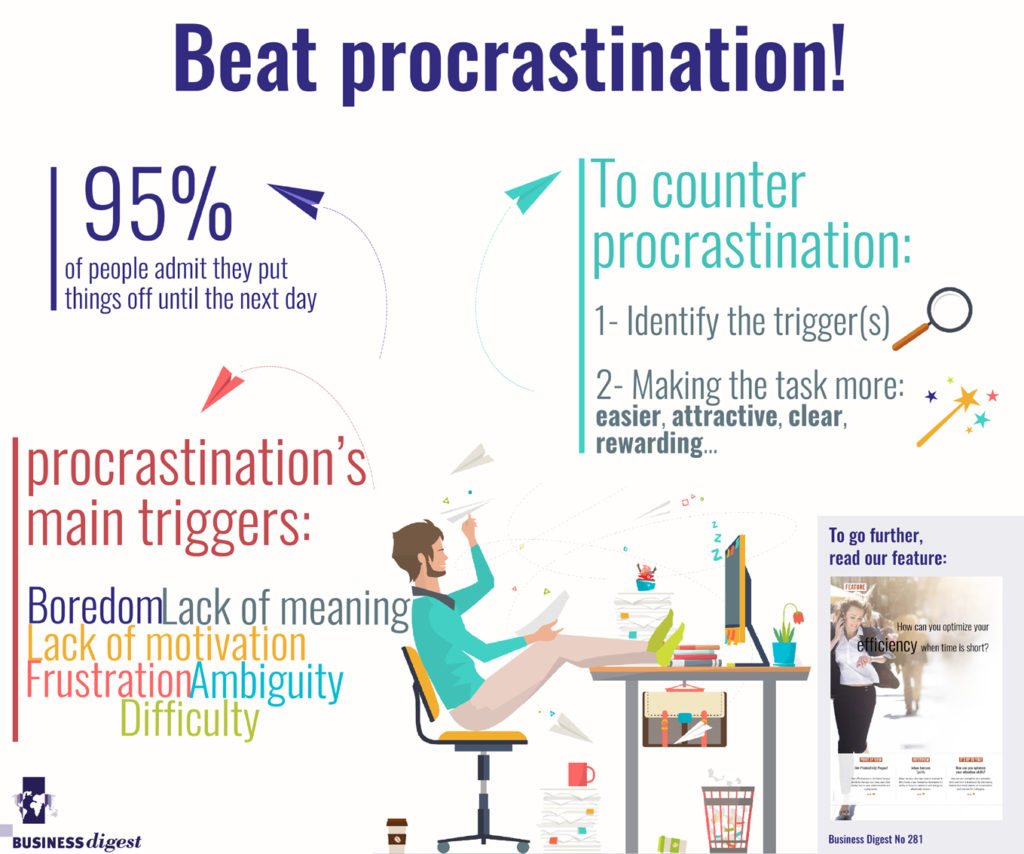In our daily lives, we often encounter challenges that hinder productivity and personal growth. Among procastinaçao the most common issues are procrastination, emotional dependency, and impostor syndrome. They can negatively influence our achievements, but understanding them is the first step to overcoming them.
In this article, we’ll explore what these issues are, why they occur, and effective strategies to manage them. By gaining this knowledge, you can take control of your habits and achieve your goals with confidence.
The Definition and Causes of Procrastination
Procrastination refers to the act of delaying tasks that are important. This behavior is often linked to emotional and psychological factors.

Research shows that procrastination stems from how our minds prioritize instant gratification over long-term benefits. People often procrastinate when they feel unmotivated or overwhelmed. Recognizing these triggers is essential to addressing the issue effectively.
How Emotional Dependency Affects Relationships
Emotional dependency is characterized by a deep reliance on external relationships for approval, validation, or support. While building relationships is fundamental, excessive emotional dependency can harm both the individual and the relationship.
People with emotional dependency often feel insecure without constant reassurance. It is usually linked to early attachment patterns, such as a fear of abandonment or low self-esteem. Building self-awareness and working on personal growth can help foster healthier, more independent relationships.
The Effects of Impostor Syndrome on Self-Confidence
Impostor syndrome is the persistent belief that one’s success is undeserved. Despite evidence of competence, individuals with impostor syndrome doubt their own abilities.

This mindset can lead to chronic stress, low self-confidence, and missed opportunities. Studies have found that addressing impostor syndrome requires acknowledging accomplishments, reframing negative thoughts, and seeking constructive feedback.
Strategies to Overcome These Challenges
If you want to improve your habits and mindset, consider implementing the following strategies:
- For procrastination: Set small, manageable goals and practice time management strategies such as the Pomodoro Technique.
- For emotional dependency: Develop self-reliance through activities like self-reflection and personal growth exercises.
- For impostor syndrome: Keep a journal of your achievements and remind yourself of past accomplishments regularly.
The key to lasting change—practice these techniques daily to create long-term improvement.
Breaking Free from Mental Barriers
Procrastination, emotional dependency, and impostor syndrome can be overcome with dedication and the right tools. By understanding their causes and applying effective strategies, you set the stage for a more productive, confident, and fulfilling future.
Begin today—choose one strategy from this article and apply it consistently. You’ll notice meaningful changes in how you approach challenges and opportunities.